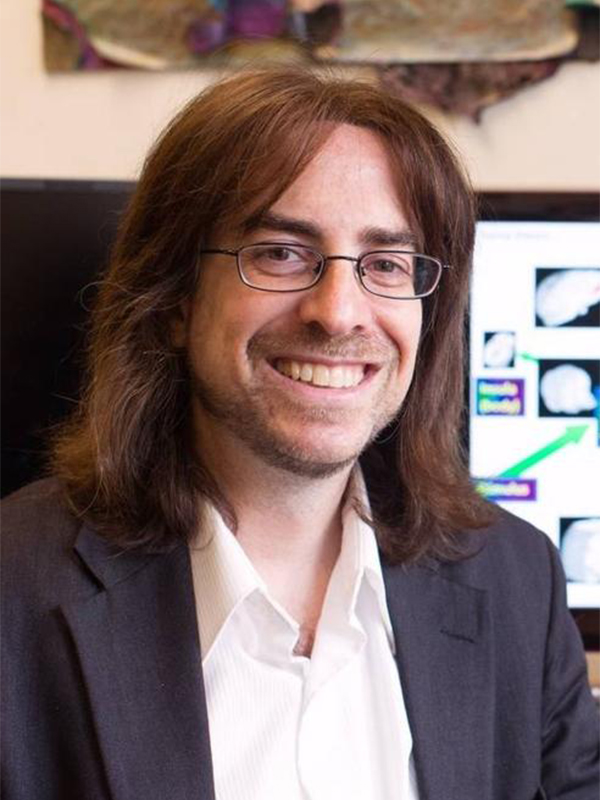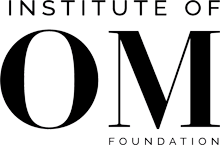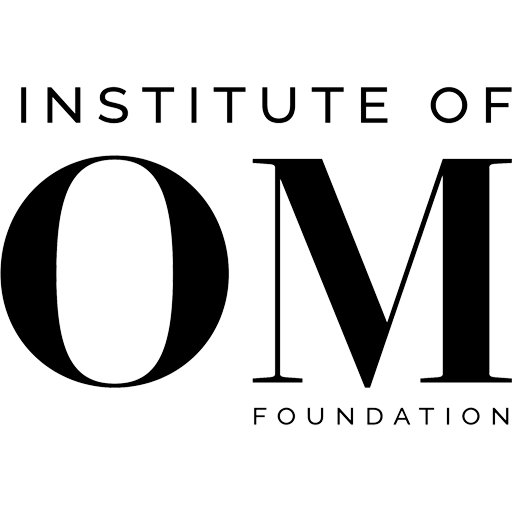Orgasmic Meditation and the Mystical State
Psychedelic pioneer and researcher Roland Griffiths, PhD, weighs in on the Orgasmic Meditation (OM) practice.
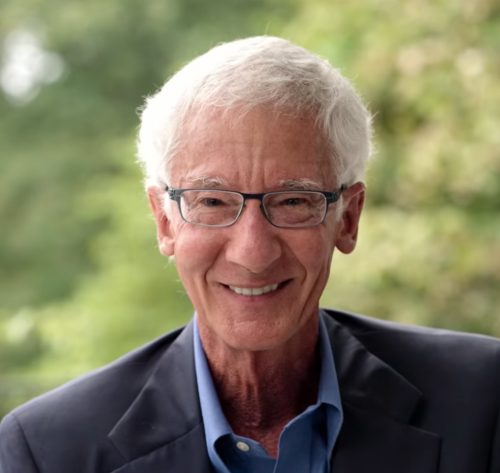
About Roland Griffiths, PhD
Dr. Griffiths was a professor of neuroscience, psychiatry, and behavioral science, and he was the director of the Center for Psychedelic and Consciousness Research at Johns Hopkins University. His research has been largely supported by grants from the National Institutes of Health and he is author of over 400 journal articles and book chapters. He has been a consultant to the National Institutes of Health, to numerous pharmaceutical companies in the development of new psychotropic drugs, and as a member of the Expert Advisory Panel on Drug Dependence for the World Health Organization. He conducted extensive research with sedative-hypnotics, caffeine, and novel mood-altering drugs. In 1999, he initiated a research program investigating the effects of the classic psychedelic psilocybin that includes studies in healthy volunteers, in beginning and long-term meditators, and in religious leaders. Therapeutic studies with psilocybin include treatment of psychological distress in cancer patients, treatment of cigarette smoking cessation, and psilocybin treatment of major depression.
In 2020, Roland Griffiths, PhD, did a presentation comparing psychedelic research, specifically psilocybin, to Orgasmic Meditation.
Dr. Roland Griffiths had no prior experience with Orgasmic Meditation,
but based on its modality and research made the following conclusions:
- Orgasmic Meditation may provide altered states of consciousness and transformative change similar to other meditation practices and psilocybin.
- Per Dr. Andrew Newberg*, neuroimaging studies have shown similar deactivations in default mode network functioning in both acute psilocybin and in long-term meditators and default mode network presumably underwrites this sense of self through self-referential processing. Dr. Griffiths posits it makes sense this would also hold true for OM.
- Orgasmic Meditation, like psilocybin, helps people dispassionately observe and let go of pain, fear, discomfort — true again of meditation.
- Orgasmic Meditation transforms a conventional sense of self into something broader — that you are not your mind. Both true of psilocybin and meditation, and I suspect OM, is recognizing that the mind is capable of revealing knowledge, not readily accessible in everyday waking consciousness, and finally gaining an authoritative sense of an interconnectedness of all people and things.
- The most interesting features of meditation, psychedelics, and maybe OM is that they produce these profound acute and sometimes enduring alterations of consciousness.
- Post-session ratings of mystical experiences are really predictive of long-term positive outcomes, be it in healthy volunteers or symptomatic unhealthy people.
- Psilocybin is showing positive results in depression. We deduced there are some plausible psychological cognitive mechanisms at play. These should be considered when looking at OM, in regard to creating a mystical experience and what role that plays. The profound shifts in a sense of self and worldview that may result in a reconstruction of life story, a loosening of self-focused narrative, and an increase in psychological flexibility.
There’s a core sense of unity, this interconnectedness of all people and things.
–Roland Griffiths, PhD
Roland Griffiths, PhD, On Mystical Experiences:
“Mystical experiences are described as…religious, peak transcendental experiences and epiphanies. And here’s another factor. I mean we really don’t know what’s pulling the weight behind the transformative effects here, but psychological insight we’re convinced is really important to this as well.
It may be a supplementary or complementary factor to mystical experience. That’s interesting because it really resonates with what Dr. Siegle* was saying about how some people for some of these sessions are doing the work and others are giving in, allowing themselves to launch back into larger states.
We think both are operative here. Of course the real impact of this is that the effects endure. This is just showing a month after seven sessions. These are single high dose sessions and 80% of people are saying it’s among the most personally meaningful of their lives. 90% endorse increased wellbeing and positive behavior change.”
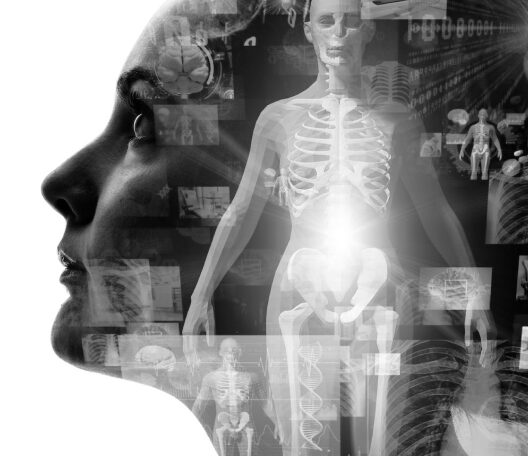

Roland Griffiths, PhD, On Mystical Experience in OM:
“The Institute of OM Foundation gave the Mystical Experience Questionnaire to some of the OM practitioners, which seem to show a similar effect, but there’s a core sense of unity, this interconnectedness of all people and things. It converges with a sense of preciousness, sometimes sacredness, which fits with Dr. Newberg’s* observation, that overlapped with spiritual experience, noetic quality, an encountering of ultimate reality, deeply felt positive movement, transcendence of time and space in ineffability.“
Pioneering researchers referred to in Dr. Griffiths’ presentation
Andrew Newberg, MD, PhD
Neuroscientist and Director of Research at the Marcus Institute of Integrative Health at Jefferson University
Dr. Andrew Newberg has conducted research using fMRI data to examine the neurophysiological correlates of Orgasmic Meditation as well as compare these effects to those of other meditation-based practices.
Read about Dr. Andy’s research here.

Greg Siegle, PhD
Professor of Psychiatry and Psychology and Associate Professor of Clinical and Translational Science, University of Pittsburg School of Medicine
Dr. Greg Siegle is co-author on the first study in the U.S. since Masters and Johnson to focus on partnered stimulation. The study, using a total of 260 participants, monitored their physical and mental responses before, during, and after the practice of OM. It is the first study of its kind to use EEG and to measure both participants.
Read about Dr. Greg Siegle’s research here.
